Whether you’re getting rid of credit cards you no longer use, tired of paying a card’s annual fee, or simply feeling the card isn’t a good fit, you might want to cancel it. But before you cancel, it’s important to understand the right steps to take.
You’ll need to pay off any remaining balance, make sure you’ve redeemed any rewards, and carefully consider how cancelling might impact your credit score. We’ll jump into the process and help you decide your best financial course of action.
Key Takeaways
- You’ll need to call your provider or visit a local branch to cancel your credit card.
- Before cancelling a card, always pay off your balance in full and try to use any rewards you’ve accumulated.
- In some cases, switching cards or asking for a credit limit increase might make more sense than cancelling altogether.
Never miss an amazing deal again + get our bonus 250+ page eBook for FREE. Join 50,000 other Canadians who receive our weekly newsletter – learn more.
How to cancel a credit card
The exact cancellation process depends on your card issuer, but it typically follows these steps. If you have any questions, speak with a representative to ensure you're doing everything right.
1. Redeem any rewards
Don’t waste those hard-earned rewards! Before cancelling your card, be sure to cash them in. If you can't (or don't want to) redeem your rewards, you can ask to have them transferred or converted – especially if you're moving to a similar credit card with similar rewards.
Pro Tip: Check the dates carefully for bonuses that are time-sensitive. If your card has an anniversary bonus that grants some extra points or a free night at a hotel, you may be better off waiting a little longer before waving the card goodbye.
2. Pay off your balance and move recurring payments elsewhere
If you have credit card debt, you’ll need to pay off your outstanding balance (or get a balance transfer credit card) before you can cancel your credit card. If you have recurring bills or subscriptions on your credit card, cancel them or transfer them to a different card.
Once your final payment has been processed, check your account online or at the bank to make sure you have a zero balance.
3. Call or go into the bank to cancel the card
Once you know you don’t owe anything and you’re not leaving any rewards on the table, call the bank or head into a local branch. Tell the representative you’d like to cancel the card. It should only take a few minutes for them to process your request.
It's also a good idea to request written confirmation that your balance is 100% settled.
4. Check your credit report
After 30 days, check your credit report to confirm the card was cancelled, and that you have a closed account. Otherwise, you risk a recurring bill or leftover charge piling up interest, costing you money, and negatively impacting your credit score.
5. Cut up your credit card
To prevent any chance of credit card fraud, cut up your credit card so it can't be used again. If you have a metal credit card, break out the tin snips or angle grinder. Your bank can also safely dispose of the card.
Remember: Don't put your old card in the recycling bin or trash and walk away – you never know what an unscrupulous person could do with your information.
Does cancelling a credit card hurt your credit score?
You may notice a minor hit to your credit score if you cancel your credit card. Fortunately, this should only be a temporary ding.
Your credit score is based on various factors, but these are the ones that can impact closing a credit card.
1. Utilization ratio (30% of your credit score)
Of these three factors, credit utilization rate is the one that will most impact your score. Credit utilization is based on the amount of available credit you use compared to your total credit amount.
Closing a credit card will reduce the total available credit under your name, meaning that your current spending will make up a higher percentage of your total credit.
If the ideal credit utilization ratio is around 30% and you are hovering around that range, cancelling a credit card and losing that access to credit could push you a lot higher than that, which will cause your score to drop.
2. Credit history (15% of your credit score)
If you have had a credit card for a long time (and you've kept it in good standing), it positively impacts your credit score. Lenders like to see a high average age for your accounts and consider the length of your credit history.
Cancelling your longest-standing credit card can make a minor dent in your credit history – if you’re considering which card to cut, a more recent one might be the better choice.
3. Credit mix (10% of your credit score)
Another factor is a mix of credit types. Lenders look for a variety of credit types, like revolving credit from credit cards and installment payments like car payments. So, if you cancel a credit card and it’s the only type of revolving credit you have, your score will probably drop.
Remember that the more types of credit you have under your name, the better it looks for lenders and credit bureaus – Equifax and Transunion. Say you had some loans and a line of credit in addition to your credit card. If you cancel the credit card, you'll have reduced your mix of credit types from 3 to 2.
When does it make sense to cancel a credit card?
There are plenty of reasons to cancel a credit card, but here are a few common ones:
- You want to switch from an underperforming card to one of the best credit cards in Canada
- You're spending too much money on a credit card and want to transition to a debit card or prepaid option
- The benefits of your current card aren't worth it anymore
- You want to transition to a card with a lower (or no) annual fee
- You have a credit card you no longer need but don't want to pay an inactivity fee
- If you are separating from your partner and want to close a joint account
What to consider before cancelling your credit card
If you're on the fence about cancelling your credit card, here are a few things you may want to consider before you rush to cancel it.
Whether you want to work with the same card issuer
You may like the card issuer you have, but you just want a different card from them. Instead of cancelling your card, you could call and discuss changing or switching products.
For example, if you currently pay a high annual fee, you can call and ask about changing to a credit card option with no annual fee. You won’t need to undergo a credit check, and you’ll be able to switch quickly. You can also switch between 2 cards of the same tier.
How it affects your credit utilization ratio
We mentioned earlier that a major change to your utilization ratio could affect your credit score. If you're worried about this, you could ask for an increase in your credit limit to keep your utilization ratio the same.
For example, if your initial credit limit on 2 cards was $5,000 each and you’re cancelling one of the cards, you could try to increase the credit limit on your remaining card to $10,000.
How many cards you’ve cancelled recently
If you are closing more than one credit account, space them out a little so it doesn't look suspicious.
So, instead of cancelling 3 out of your 4 credit cards all at once, wait a few months in between each cancellation. This can also help your credit score recover if it temporarily drops.
FAQ
Is it good to cancel your old credit card?
Cancelling a credit card is a completely personal decision. Since no one’s finances are the same, cancelling a card can have positive or negative impacts depending on your situation.
Is it better to cancel unused credit cards or keep them?
Some credit cards have inactivity fees or annual fees, so if this is the case with your card, you’re better off cancelling it. On the other hand, cancelling your oldest credit cards can reduce the length of your credit history, harming your credit score.
creditcardGenius is the only tool that compares 126+ features of 228 Canadian credit cards using math-based ratings and rankings that respond to your needs, instantly. Take our quiz and see which of Canada's 228 cards is for you.




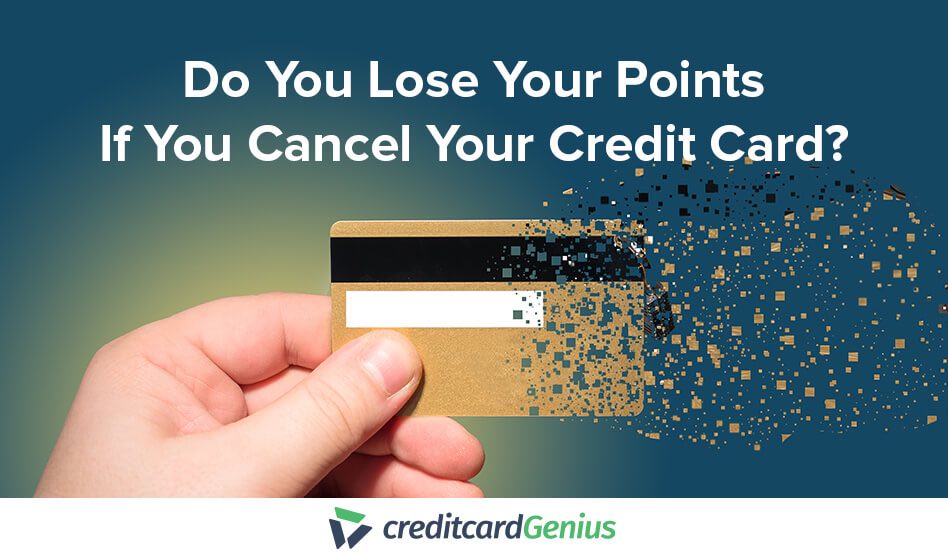



 GC:
GC: 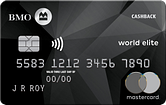







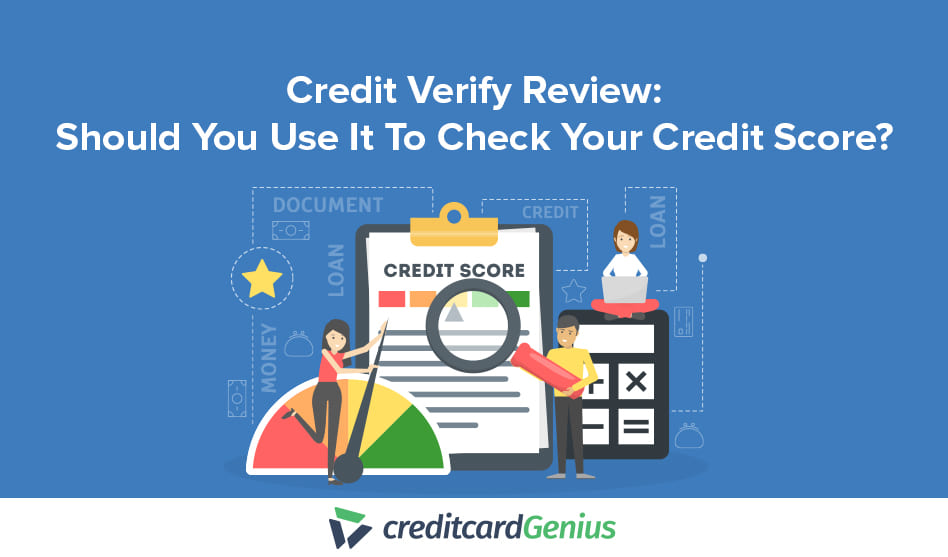
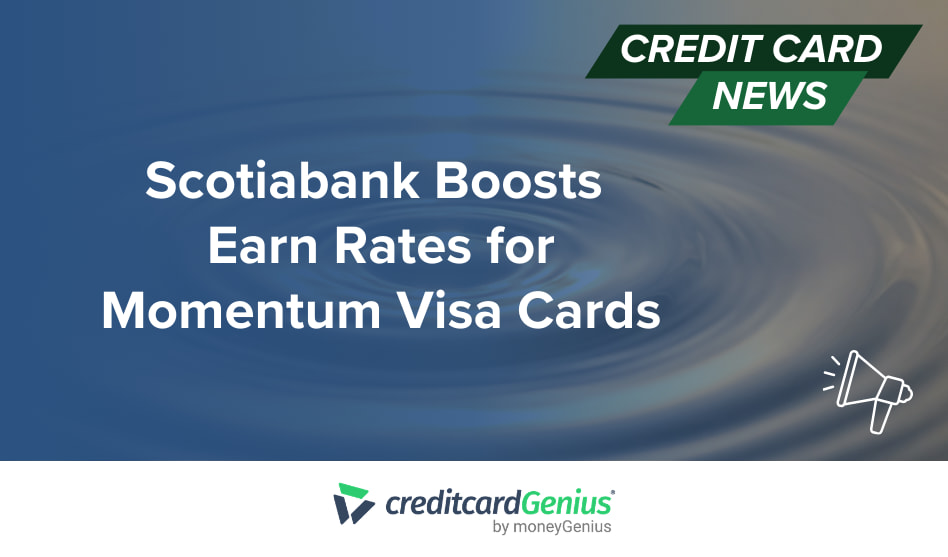

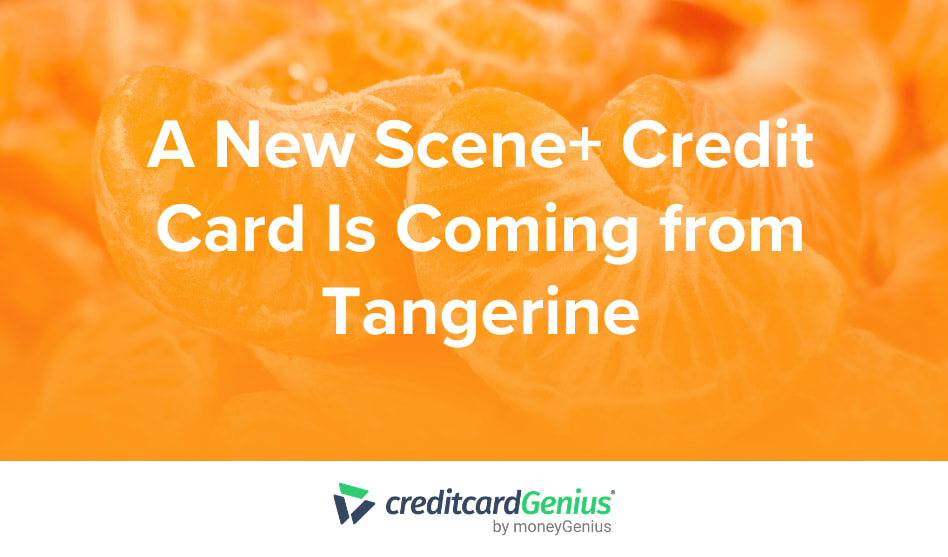




















Comments
Leave a comment
Required fields are marked with *. Your email address will not be published.